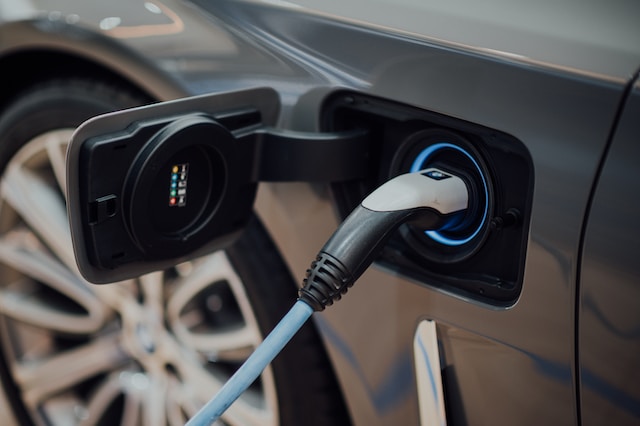In the wake of rapid technological advancement, the energy landscape is undergoing a significant transformation. At the forefront of this change is the evolution of smart charging systems. These systems promise to revolutionize the way we consume and manage energy, particularly for electric vehicles (EVs) and electronics. Let’s delve into what smart charging systems are and explore their myriad benefits.
What Are Smart Charging Systems?
Smart charging refers to an advanced system that intelligently manages the charging of batteries based on various parameters such as energy demand, battery health, and grid capacity. By communicating with the energy grid and the device being charged, smart chargers can determine the most efficient way to deliver power.
The Benefits of Smart Charging Systems
1. Dynamic Load Management
One of the most significant advantages of smart charging is its ability to adapt to the energy needs of the grid. During peak demand, these systems can reduce the charging rate or delay charging altogether, ensuring that the grid is not overburdened.
2. Optimized Charging Speeds
Smart chargers can assess the battery’s state and adjust the charging rate accordingly. This means that if a battery is nearly empty, the system can provide a rapid charge. Conversely, when the battery nears full capacity, the rate slows down, preserving battery health.
3. Cost-Efficiency
Given that smart chargers can interact with the grid, they can take advantage of off-peak electricity rates. Charging during off-peak hours can lead to significant savings on electricity bills.
4. Enhanced Battery Life
Overcharging or charging at inappropriate rates can damage batteries. Smart charging systems can detect when a battery is full and will either slow down or terminate the charging process, prolonging the lifespan of the battery.
5. Integration with Renewable Energy Sources
Many smart charging systems can integrate with renewable energy sources such as solar or wind power. When there’s an excess of renewable energy being generated, these systems can prioritize using this energy for charging, reducing the reliance on non-renewable sources.
6. Grid Health and Stability
By managing when and how devices draw power, smart chargers can help prevent blackouts and grid failures. This ensures a consistent and reliable power supply for all users.
7. User-Friendly Interfaces
Modern smart charging systems often come with user-friendly interfaces, allowing consumers to set preferences, track energy consumption, and schedule charging times.
8. Reduction in Carbon Footprint
By optimizing energy usage and promoting the use of renewable energy sources, smart charging can significantly reduce carbon emissions, contributing to a more sustainable future.
Future Outlook
As the world becomes more electrified, particularly with the surge in EV popularity, smart charging systems will play a pivotal role in ensuring that our energy infrastructure can meet demand without sacrificing efficiency or environmental responsibility.
Conclusion
Smart charging systems represent a crucial step forward in our quest for energy efficiency. By integrating intelligence into the charging process, these systems not only offer practical benefits for users but also promise to support broader societal goals such as sustainability and grid reliability. As we continue to embrace electrification in various sectors, the importance of efficient energizing cannot be overstated.


